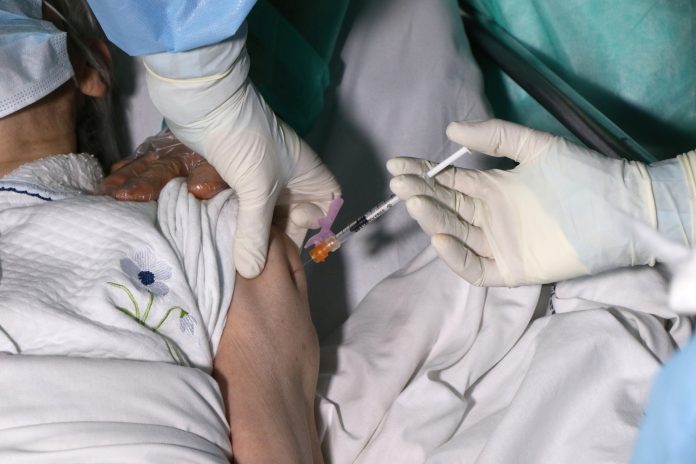According to a real-world study involving over 700,000 people, a Pfizer third dose can decrease COVID death risk by as much as 81%
New research by The Clalit Research Institute finds that a booster jab can make the difference between life and death.
The fresh analysis, published in The Lancet, finds that a third dose can decrease COVID death risk by 81%, decrease hospitalisation rates by 93%, and lower risk of severe COVID by 92%.
Double-vaccinated versus triple-vaccinated?
It is clear that one is better than the other.
These percentages are calculated in comparison to double-vaccinated individuals, whose vaccine protection appears to degrade after five months. The effect of a third dose is similar across gender, age and even individuals with comorbidities like diabetes or obesity.
Professor Ben Reis, Director of the Predictive Medicine Group at the Boston Children’s Hospital Computational Health Informatics Program and Harvard Medical School, said: “To date, one of the main drivers of vaccine hesitancy has been a lack of information regarding the effectiveness of the vaccine. This careful epidemiological study provides reliable information on third-dose vaccine effectiveness, which we hope will be helpful to those who have not yet decided about vaccination with a third dose.”
The team at Clalit Institute, Israel, used data from 728,321 individuals aged 12 or above who have taken their third dose of Pfizer vaccine. They gathered data from 30 July, 2021, to 23 September, 2021.
“Efficient medical research” crucial during pandemic, says scientist
Professor Miguel Hernán, Director of the CAUSALab and Professor at the Harvard T.H. Chan School of Public Health, said: “This analysis of Clalit’s high-quality database emulates the design of the original trial, uses its findings as a benchmark, and expands upon them to confirm the vaccine’s effectiveness in adolescents. This combination of evidence from randomized trials and observational studies is a model for efficient medical research, something which is especially important in COVID times.”
The richness of the data accessed by the Clalit Institute highlights how well vaccines can work, even in the face of the Delta variant – which vaccine-makers were not engineering their products for, when they first launched them.
At the time of this data-gathering, Israel was also undergoing a significant fourth wave of COVID infection dominated by the Delta variant. The WHO warned earlier this year that the Delta variant would become the key strain, globally.
What about countries that don’t have vaccines yet?
While COVID mutates endlessly, several countries still lack access to the first two doses of COVID vaccine, placing them significantly in danger of ongoing hospitalisations and death.
In Egypt, 8.3% of people are double-vaccinated. In Bangladesh, that figure is higher at 18%. While Merck are developing a “vaccine pill” that is to be sold at a lower cost in the Global South, these countries remain banned from manufacturing a generic version for their immediate use – unless they can afford to buy the intellectual property right.
In Palestine, 28% of people are double-vaccinated. Israel have an ongoing partnership with Pfizer, with access to vaccine supply in exchange for transparent, real-world data about how it is working. There have been calls across the world stage for this partnership to be shared with Palestinians, as per international human rights law.











